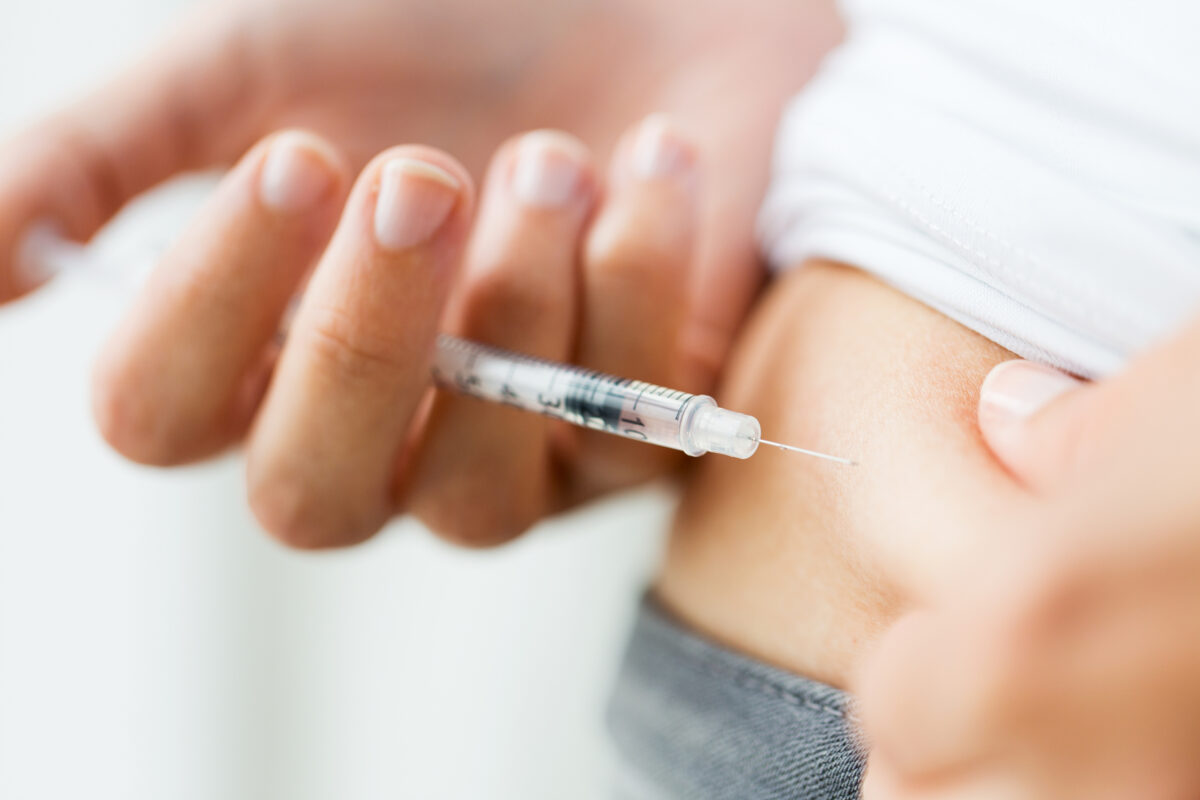


The first cellular therapy for type 1 diabetes, called Lantidra, was approved by the Food and Drug Administration (FDA) for use in the United States.
This is potentially good news for the 1.9 million people in the United States living with type 1 diabetes.
The FDA approved the drug on June 28, after two clinical trials in which 30 participants received between one and three doses of the medication.
The medication is approved for adults with type 1 diabetes, facing repeated episodes of severely low blood sugar, despite intense diabetes management and careful lifestyle.
Lantidra is the first treatment approved for people living with the disorder, who are normally unable to regulate their blood sugar levels using standard insulin shots or infusions.
The treatment is two decades in the making after CellTrans was established in 2003 by University of Illinois professor Jose Oberholzer.
An FDA advisory committee voted 12-4 against approval in April 2021, after an initial study, saying that the benefits of the therapy outweighed the risks.
The anti-diabetes drug is made by the pharmaceutical firm CellTrans from an infusion of insulin-producing pancreatic cells from a deceased donor.
The medication consists of a single infusion that delivers pancreatic cells from deceased donors into the main vein of the liver.
According to the trials, about 70 percent of patients no longer needed to take insulin for a year or more after the infusion, while 30 percent did not need to take it for over five years.
Those who take Lantidra must first take immunosuppressing drugs to prevent their immune system from damaging the donor cells, which secrete insulin.
The side effects varied depending upon the number of infusions a patient received and the length of time they were followed in the study.
The most common side effects were nausea, fatigue, anemia, and abdominal pain.
However, most of the participants had at least one serious adverse reaction to the application of Lantidra and the use of immunosuppressive medications needed to keep the donor cells viable.
Insulin helps stabilize blood sugar levels by moving glucose out of the blood and into cells for energy.
Most people with diabetes must check their blood sugar levels several times a day and administer insulin regularly to keep it in a safe range.
The type 1 version of diabetes is a chronic autoimmune condition where the pancreas produces little or no insulin, forcing patients to receive lifelong daily injections or infusions of insulin.
The disorder unleashes the body’s immune system against cells in the pancreas that produce insulin.
Many develop hypoglycemia unawareness, in which a person is unable to detect when their blood sugar is dropping and, as a result, often fail to intervene to prevent it from falling even further.
“Severe hypoglycemia is a dangerous condition that can lead to injuries resulting from loss of consciousness or seizures,” said Peter Marks, Director of the FDA’s Center for Biologics Evaluation and Research, in a press release.
Lantidra is a treatment option for these patients, as the cellular therapy drug helps them maintain their target blood glucose levels.
“Today’s approval … provides individuals living with type 1 diabetes and recurrent severe hypoglycemia an additional treatment option to help achieve target blood glucose levels,” said Marks.
At the American Diabetes Association annual meeting on June 7, Vertex Pharmaceuticals reported that two patients who had received stem cell treatments in its trials over a year ago no longer needed injections, according to Diatribe, a diabetes treatment website.
Stem cell treatments are thought by some scientists to be more reliable and safer than those from deceased donors, like Lantidra.
The American Society of Transplant Surgeons, the American Society of Transplantation, and the Islets for US Collaborative, an organization of more than 50 transplant surgeons, are concerned about the risks of cells from cadavers, saying that they should be regulated as transplanted organs rather than as biologic drugs, as is done in many other parts of the world.
In the stem cell therapy being developed by Vertex, beta cells are grown from allogeneic stem cells using a proprietary technology.
Six patients have received stem cell therapy so far, and the treatment has been successful for each individual to varying degrees, according to the data released by Vertex at the conference.
Another drug that delayed the onset of type 1 diabetes by nearly three years, Teplizumab, got approval in United States last November after a series of trials.
The diabetes medication, made by New Jersey-based firm Proventionbio, has been approved for children and adults aged eight and over.
The Epoch Times reached out to CellTrans for comment.
